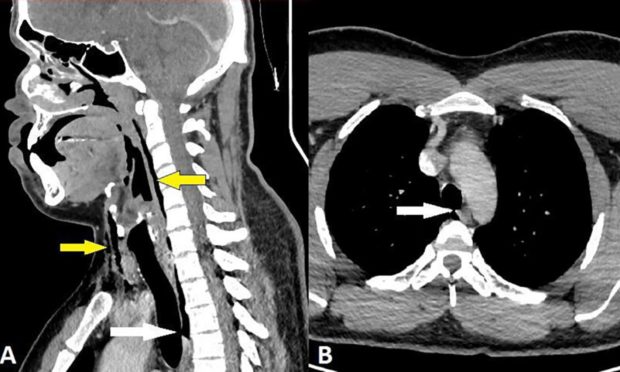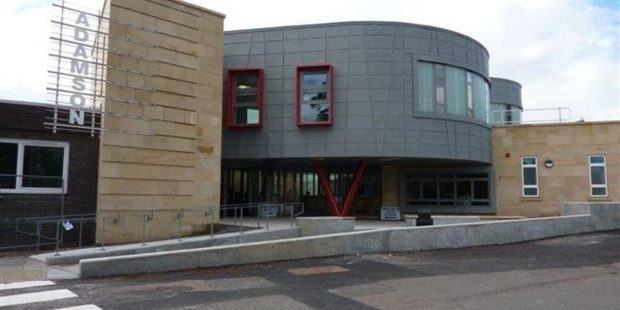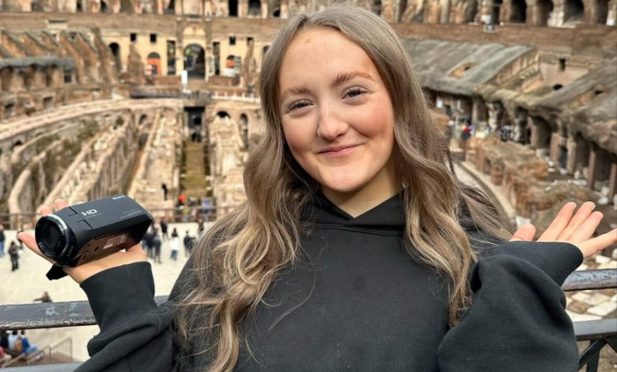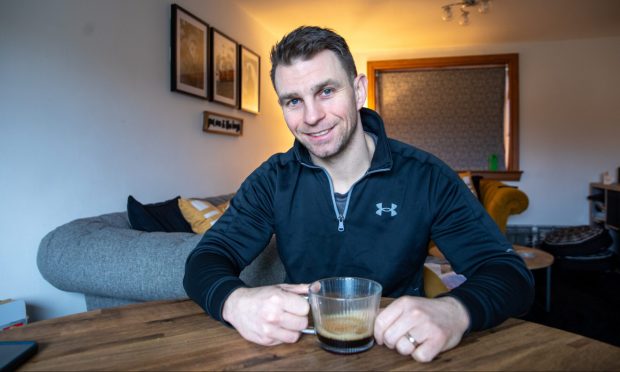Doctors have issued a warning after a man tore a hole in his throat by trying to stifle a sneeze while driving – before being treated at Ninewells Hospital in Dundee.
In the first case of its kind, the unnamed patient, who is in his 30s, had to go to hospital in excruciating pain after he held his nose and closed his mouth in a bid to stop a sneeze.
If the mouth and nose are closed during a sneeze, the pressure in the upper airways can increase by up to 20 times.
Doctors observed a cracking sound when they touched the man’s neck and he didn’t have control of movement in that area.
Man experienced ‘rapid build-up of pressure while sneezing with pinched nose and closed mouth’
CT scans performed on the man at Ninewells showed that he suffered a 2×2 millimetre tear in his windpipe.
Medics concluded that the tear was caused by a “rapid build-up of pressure in the trachea while sneezing with a pinched nose and closed mouth”.
The man, who had a history of allergies and throat irritation, did not need surgery but was kept in hospital for two days to ensure his oxygen levels and other vital signs stayed steady.
He was then discharged and given pain relief and hayfever medications. His doctors also told him not to do any strenuous physical activity for two weeks.
Five weeks later, a CT scan revealed that the tear had completely healed.
The case was documented by medics at Dundee University in the latest issue of the medical journal BMJ Case Reports.
They said it should serve as a warning to people never to stifle a sneeze.
Dr Rasads Misirovs, the report’s lead author, said: “We suspect the trachea perforated due to a rapid build-up of pressure in the trachea while sneezing with a pinched nose and closed mouth.
People urged not to sneeze with mouth closed after Ninewells case
“Everyone should be advised not to stifle sneezes by pinching the nose while keeping the mouth closed as it can result in tracheal perforation.”
He added: “Conservative management of tracheal tears is an option in clinically stable patients not requiring mechanical ventilation with small tracheal tears.
“The patients must be closely monitored as inpatients for 24-48 hours for any deterioration.”













Conversation